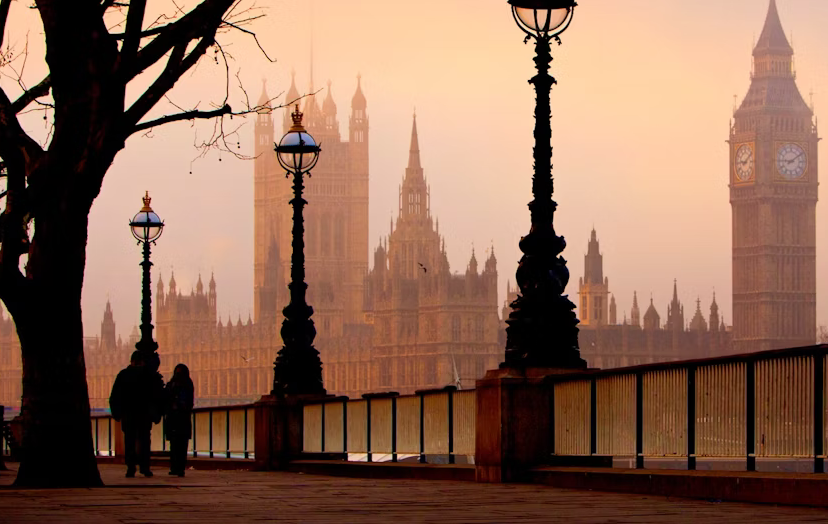RFI President Eric Patterson wrote an article published at Providence this week in which he explores the implications for American military service and beyond of Hollywood’s new characters who are “not virtuous heroes but rather anti-heroes.” “With the lines between good and evil portrayed as ever blurrier,” Patterson writes, “distinguishing heroes, villains, and anti-heroes is critical for warriors and our society at large.” Patterson continues:
What is a hero? A hero is someone who fights against something larger than himself for something larger than himself. The young shepherd and future King of Israel, David, epitomizes heroism. He was morally outraged by the blasphemous insults of pagan Goliath, who mocked the living God. The Bible is full of examples of those who rose to the occasion during crises: Deborah, Ehud, Gideon, and Abram who armed his household to pursue the enemy and rescue Lot. Historical figures such as the Continental Army at Valley Forge and the defenders of the Alamo, as well as fictional figures such Harry Potter, Frodo Baggins, and Narnia’s Pevensie are heroes as well. A hero is often made by being in the right place—or rather, the wrong place—at the right time.
Because heroism is the struggle for something larger than oneself against the odds, we often use the term “heroic” or “heroism” for people facing injustice or evil far from the battlefield. Political leaders may be heroic in standing firm during national crises, as Churchill and Lincoln did. Martin Luther King, Jr. was heroic in confronting the violence of institutionalized prejudice. Corrie Ten Boom’s family and all the others who hid Jews from the Nazis were heroic.
The single parent working two jobs, the cancer survivor, the veteran amputee returning to civilian life, the advocate fighting against the odds on behalf of the vulnerable demonstrate heroism as well. Heroism is about the moral quality of the action, not the amount of power at one’s disposal.
Hollywood’s villains use the power at their disposal to deliberately harm others, such as the Wicked Witch of the West in The Wizard of Oz or Superman’s nemesis Lex Luther. Heroes, in contrast, understand that with “great power comes great responsibility.” Some fictional heroes have extra-ordinary powers, “superpowers,” such as Wonder Woman and Spiderman. Others exercise power inherent in their position or office, such as Star Trek’s Captain James T. Kirk with his mighty USS Enterprise. Heroes make the moral choice to use the resources at their disposal on behalf of the common good.
In stark contrast is the anti-hero. This is the individual who has power but does not consistently direct his or her will toward or against the common good, but rather wields power selfishly.
Read the full article: Heroes and Anti-Heroes: A Teachable Moment for the Next Generation
THE RFI BLOG

Religious Freedom Is Back on the UK’s Agenda

Be More Faithful, Become More Resilient: An Invitation to Religious Institutions

How Soccer Reveals Different Meanings Of ‘Secular’ In France And The US

RFI’s Ismail Royer Meets with Delegation from India

Protecting the Unborn, Mothers, and Medical Ethics: The Stakes of Arkansas’ Amendment
CORNERSTONE FORUM

Public Bioethics & the Failure of Expressive Individualism

Religious Liberty in American Higher Education

Scotland’s Kate Forbes and the March of Secularism

70 Years of Religious Freedom in Sweden: Prospects and Challenges

